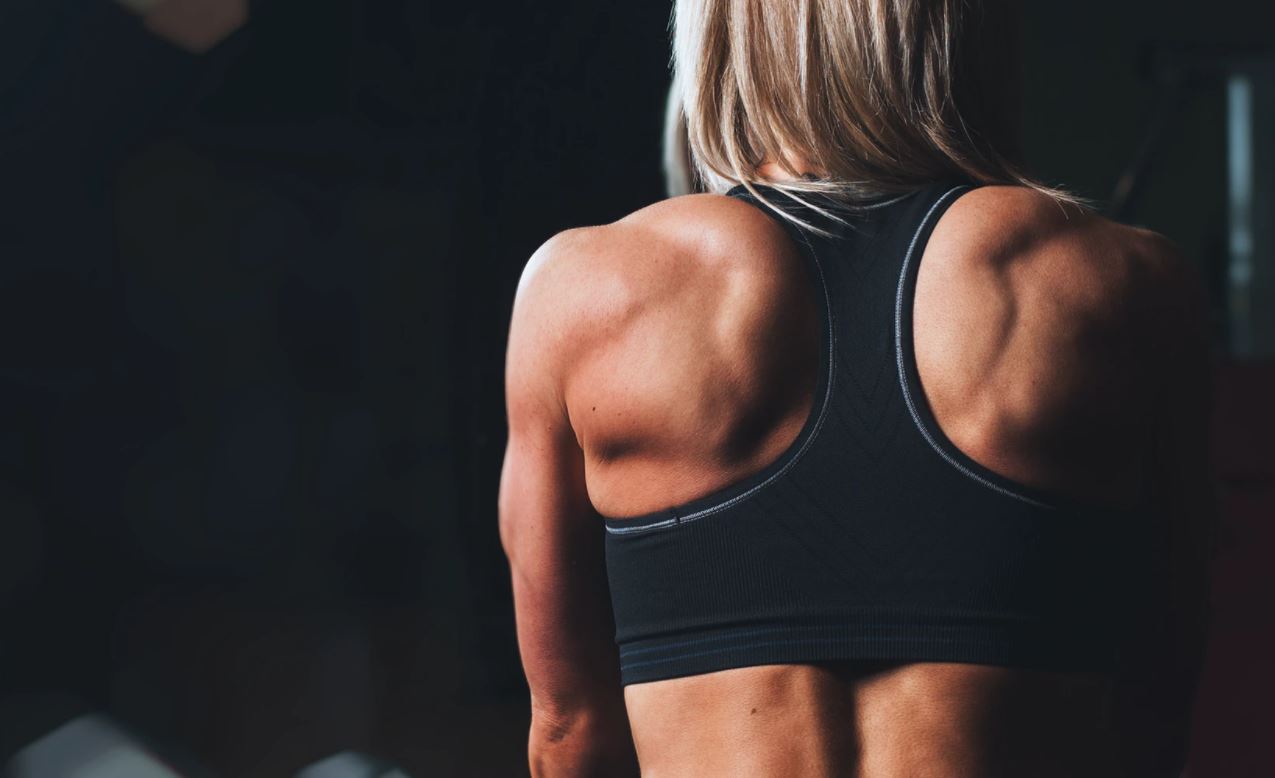There are many myths and misconceptions about how one can increase muscle size. Some believe that lifting weights helps break down muscles – making them much bigger and stronger because of the repair process.
But did you know that nutrition alone can increase muscle size and improve performance? Your diet can significantly affect your ability to train, get used to and recover from activities. Proteins play a big role when it comes to stimulating recovery after an intense workout.
How do proteins repair and rebuild muscle?
Protein is composed of amino acids that act as building blocks for your body. After a tough workout, when you take proteins, it offers your body amino acids necessary for repairing and rebuilding muscles.
This is important because continuous muscle contractions from running and jumping can easily break down muscle cells and damage the muscles in your legs, arms, and the entire body.
What amount of protein is needed for muscle repair?
Protein synthesis is another way of saying “repairing and growing muscle” in a scientific way. Taking approximately 0.2 to 0.5 grams of proteins per kg of body weight after an exercise has been proved to increase what’s referred to as protein synthesis. That’s roughly 10-30 g of protein based on your body weight.
Why is protein important for exercise?
Prolonged or vigorous activity leads to an increase in the breaking down of muscle protein. What follows is an increased muscle protein synthesis for about 24 hours. For this reason, you should take into account the amount of protein and when to take it.
The type of protein you take also matters. Many athletes prefer whey isolate protein powder because it has a higher level of protein content.
Here are 5 things to know about the uses of protein in your body:
- Proteins are the main structural component of cells in the body. The major role of proteins obtained in our daily diet is to generate and repair cells damaged during intense activity or exercises.
- Although the main function of proteins is to repair damaged tissues, it also helps in producing energy for muscle contractions when other sources of energy like ATP aren’t available. The process of converting protein to glycogen is known as Gluconeogenesis.
- Proteins offer approximately four calories of energy per gram when consumed together with other foods, which can give you a feeling of satiety.
- Proteins are made of what’s known as amino acids, which act as building blocks for muscles in your body. There are 20 types of amino acids, and four of them are non-essential because your body can produce them
- According to nutritionists, proteins should comprise at least 15 to 3o percent of a person’s daily caloric intake – depending on how active you are. It is important to eat more proteins on days when you are more active.
Bottom line
Proper nutrition is essential to improve athlete performance. Proteins play a big role in building and repairing cells after an intense workout.




